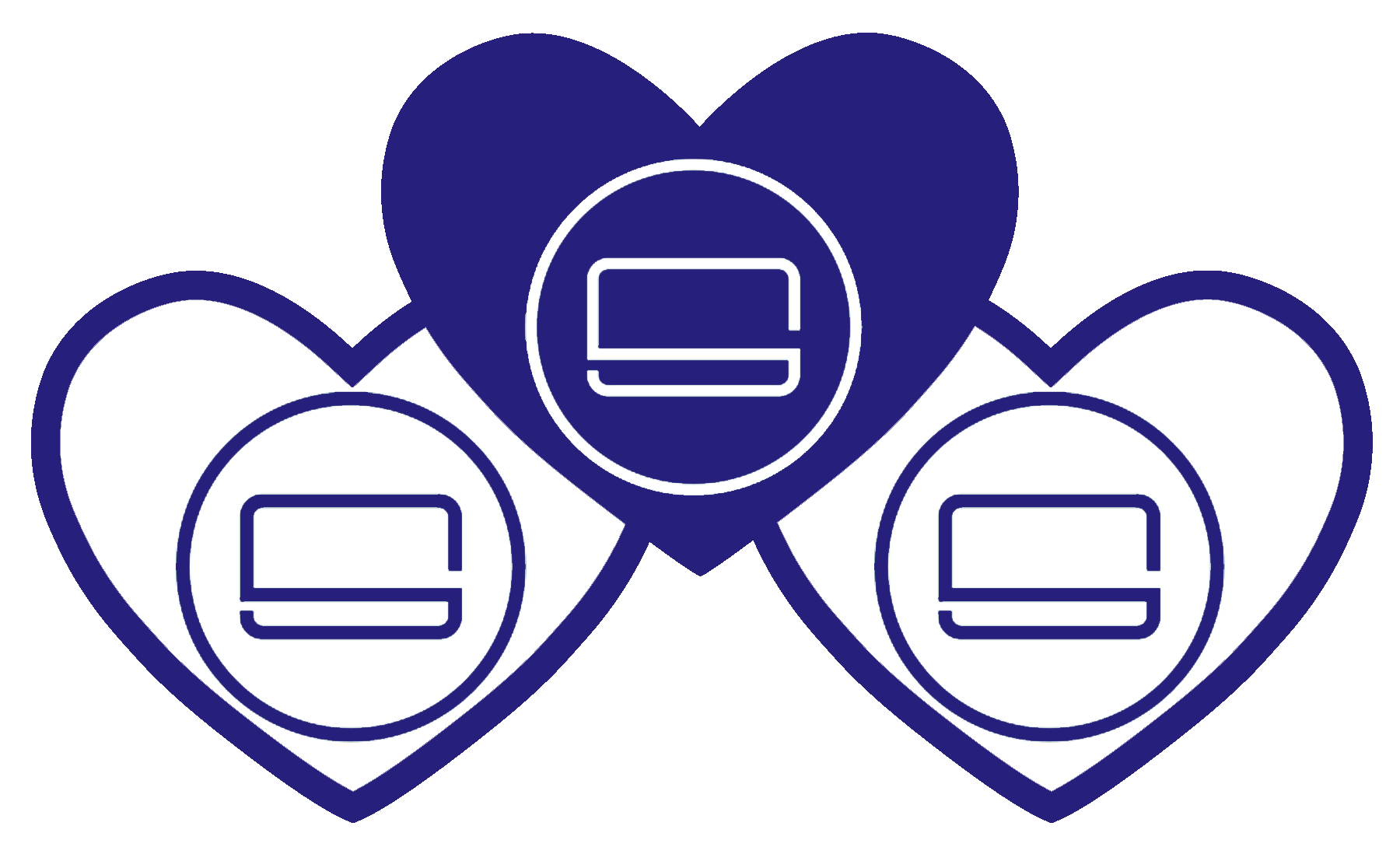
DOING GOOD IS GOOD BUSINESS
FAQ
Getting a merchant account can be an easy process, if you know what you are looking for. Here are just some of the terms and items you might want to take note of.
- What will I need before I can start accepting credit cards and other payments?
FIRST & foremost, you MUST have a merchant account!
- What exactly is a Merchant account? Isn't it the same thing as my existing bank account?
A merchant account is NOT a bank account. It does not carry a balance. You may not deposit to or withdraw from it. A merchant account is a contractual relationship between you (the merchant) and a Processing Bank, Merchant Service Provider (MSP), or Independent Sales Organization (ISO) for the clearing and settlement of credit card transactions.
- What about rates and fees?
As you might have guessed, merchant accounts are not free. One of the more confusing parts about setting up a merchant account is trying to decipher all of the fees and charges that are incurred. The following terms (and examples) should help explain some of the different fees merchants may encounter.
Application Fee- A one-time fee that may be charged for processing the application paperwork and setting up the merchant account. We, at Meridian, do not charge this fee.
Discount Rate- The discount rate is a percentage of each transaction that you pay to your card processor for processing your credit card sales. For example, if your discount rate is 1.75% and you charge a card for $100, then you would pay $1.75 in discount fees on that particular sale. These rates will vary depending on the type of business and are largely influenced by the percentage that Master Card and Visa charge.
Transaction Fee (or "per-click" fees)- The Transaction fee is a per-item fee that is charged for EACH and every transaction a merchant runs through his or her account.
Statement Fee (or Account Fee, Maintenance Fee, etc.)- This fee is typically charged either at the beginning or at the end of each billing cycle. This fee is charged for account statements that are mailed directly to the merchant. It may also entitle merchants to receive direct customer support from the processor.
Monthly Minimums- Monthly Minimums are exactly what they sound like! They are a minimum amount of processing fees (discount rates & per-transaction fees) for the month. Generally, the processor will take either the total discount fees for the month or the monthly minimum-whichever is greater. For example, if you have paid $23 in discount fees in a month but your minimum is $25, then the processor will charge you the remaining $2 to meet your minimum at the end of the month.
Mid-Qualified or Non-Qualified Rates- Your qualified rate is the particular rate you were quoted when you signed up for your account. If you do a charge that does not meet certain Visa or MasterCard criteria, then you may be charged a higher percentage rate. For example, a retail merchant may be charged a non-qualified rate when trying to process a keyed telephone-order transaction in which an international credit card was used.
Chargeback and Retrieval Fees- These fees are charged when a cardholder disputes or questions a charge that shows up on his/her statement from the bank that issued the card. The retrieval request is a process in which the credit card issuer requests copies of the original sales draft(s) involved in the dispute. The retrieval request is done on behalf of the cardholder.
A chargeback will occur if the cardholder wins the dispute. When this happens, the bank will debit the merchant for the amount of the original sale/charge PLUS a chargeback fee. (NOTE: Different Processing companies may charge different fees. Some may charge ALL of the listed fees, while others may charge only a portion of those fees. As always, there may be a few rates and fees that may arise in certain circumstances that are not covered above. If this is the case, please contact us and we will be happy to answer any questions you might have).
- What kind of rates can I expect to receive for MY particular business?
A merchant's specific rates and fees will vary depending on his or her business type and owner's personal credit. When applying for a merchant account, always provide ACCURATE information about your specific business. This will help ensure that you are quoted the correct rate for your type of business. For the purpose of our discussion, we will explain the two main business-types that categorize most merchants.
Card Present or Swiped Transactions- These are the merchant accounts in which approximately 80% of the cards will be physically swiped through and read by a magnetic card reader. These businesses are typical "brick & mortar" storefronts in which the card transactions take place in a face-to-face environment. Due to the personal interaction between merchant and customer, the likelihood of a fraudulent transaction is somewhat lessened. Therefore retail merchants qualify for the lowest rates and fees.
Card Not Present or Hand Keyed Transaction- These merchant accounts are assigned to those business types in which it is physically impossible for the merchant to read or swipe a credit card. Due to the fact that the merchant must manually type or key the transaction, these accounts are sometimes referred to as "keyed" accounts. Most common examples of "MOTO" merchants are businesses that operate as call centers or catalog sales. To a bank, merchants who take transactions where the credit card is not present at time of order are viewed as medium risk customers.
- How long will the Merchant account process take?
The whole process, from application to approval, takes approximately 2-5 business days. The shipping of equipment may take up to a week depending on availability in the warehouse.
- How long does it take for the funds to be transferred to my bank account?
Funds are typically deposited into your account within 24-72 hours of settlement.
- Do I need to change banks or move my checking account?
NO. You simply let us know where you would like the funds deposited.
- Why take credit cards?
Merchants that accept credit cards typically have higher average sales tickets and more customers than merchants that do not accept cards. If your business is Mail-Order/Telephone-Order, internet, or catalog sales, you may be eliminating as much as 50% of your potential revenue by NOT accepting credit cards.
Talk to us today!
We will get back to you as soon as possible
Please try again later

Sales: 912-544-1740
7395 Hodgson Memorial Blvd.
Savannah, Georgia 31406
Sharing the Credit is the dba of Meridian Merchant Serivices, Inc. All Right Reserved. 2025
